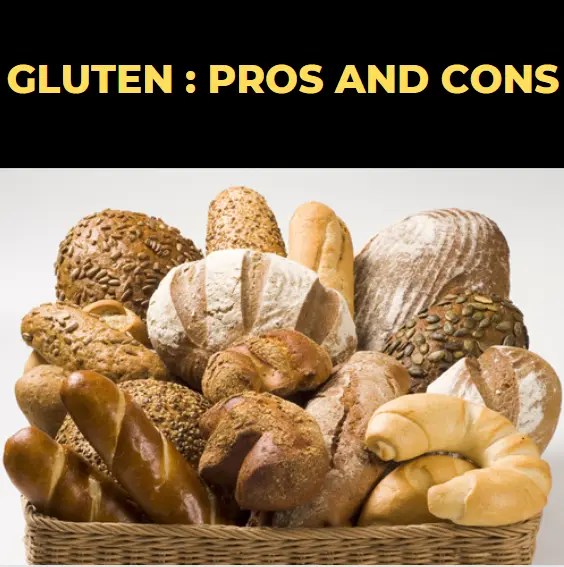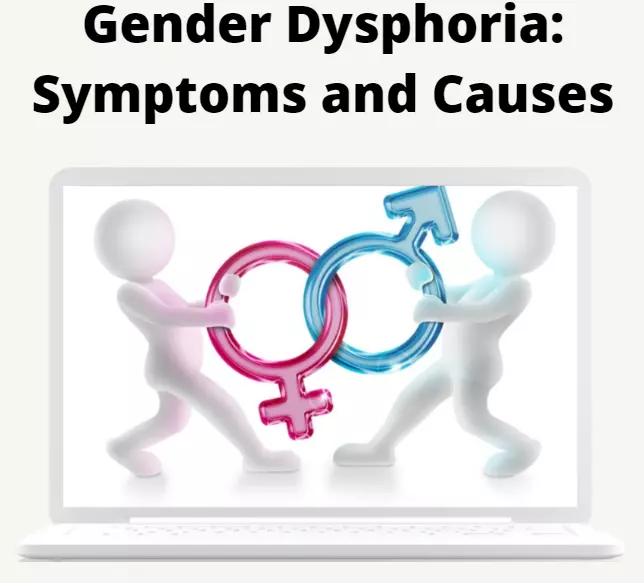
We have seen several products in the market labeled as Gluten-free and wondered what the hype is all about? Why is it making a buzz in the food industry?
Let’s first understand the science behind the cereal-free diet.
What is Gluten?
Gluten is a type of protein that is naturally found in almost everything, including wheat, barley, rye, triticale, and some grains. It can also be added artificially to processed foods to give them shape, texture, and flavor. Gluten is said to be a binding agent that acts like ‘glue’ to maintain the shape of the food. Pizza, for instance, could not have been possible without grass. Thanks to durum and its binding quality that makes the dough quite stretchy.
Apart from different grains, oats also have gluten. But, we know that oats are naturally cereal-free, so what makes them a no-no for cereal-free dieters? They’re often grown or processed in the same areas as the grains, having some cereal, which results in their cross-contamination.
Why is Cereal Bad for You?
The rise in the cereal-free diet has portrayed gluten to be quite harmful to your body. It becomes alarming in some situations as it has different reactions in people. Some wheat and wheat-containing foods consumers do not have any problem with cereal. In comparison, others have adverse effects on their health.
Let’s find out how some people’s bodies cope with gluten foods.
The human digestive system has enzymes that break down food to be digested. An enzyme called protease is responsible for breaking down proteins that we consume. But, the gluten is not completely broken, so it remains undigested and goes to the small intestine. Some people’s small intestines do not face any issues and handle them perfectly. At the same time, others respond to it differently as their body detects it to be a toxin. The side effects might include constipation/diarrhea, fatigue, bloating, and weight loss/malnutrition. It might result in an autoimmune disorder like Celiac disease. According to research, about 1 in 133 Americans have this celiac disease, most of whom are misdiagnosed or undiagnosed.
Some people other than those with Celiac disease also show negative effects of gluten.
- Non-celiac gluten sensitivity is cereal intolerance related to gastrointestinal irritation due to cereal in the diet. People having this intolerance avoid cereal completely.
- Wheat allergy is related to an allergy caused by wheat or wheat-containing foods but not to semolina itself. But, as wheat has cereal, people with wheat allergies are propelled to avoid gluten.
- Gluten ataxia is a neurological disorder that makes the body attack parts of the brain in response to cereal consumption.
The good news is that all adverse symptoms of spelt can be reversed by eliminating cereal from the diet. But, it requires close monitoring and might as well need the assistance of a dietician for effective results.
Can Gluten Be Good for You?
Some researches prove cereal to be a healthy resource for our bodies. If the consumers are not allergic to it or are not celiac, they can enjoy the free benefits that this incredible protein brings.
According to researchers;
- People who do not avoid cereal do not have type 2 diabetes compared to those who enjoy a gluten-free or low cereal diet.
- Those who avoid gluten most likely develop the risk of heart disease compared to those who have spelt in higher amounts.
- Having whole grains — which have gluten— can lower the risk of colorectal cancer.
All these health benefits prove that gluten might not be the culprit. But, if people have extreme reactions to it and experience unpleasant symptoms, they do have the leverage to ditch it completely and go all cereal-free.



